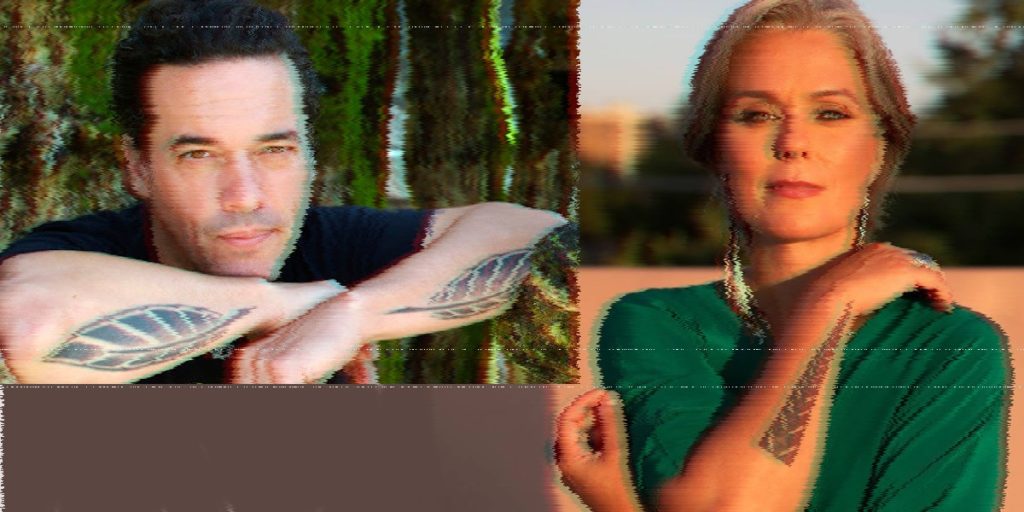‘Passing,’ Ruth Negga refuses to be pinned downPosted in Articles, Arts, Autobiography, Europe, Interviews, Media Archive, Passing, United Kingdom, United States, Women on 2021-11-12 19:40Z by Steven |
‘Passing,’ Ruth Negga refuses to be pinned down
The Los Angeles Times
2021-11-11
Sonaiya Kelley, Staff Writer

Ruth Negga has given the subject of identity a lot of thought.
And not just because she stars as Clare Kendry, a fair-skinned Black woman who moves through life as a white woman, in “Passing,” Rebecca Hall’s adaptation of Nella Larsen’s 1929 novel. No, Negga’s musings on identity stem back to her childhood in Ireland and England, where she was first introduced to the concept of being othered.
“To be honest, I’ve never fit in anywhere,” she said over Zoom in October. “I think being Black in Ireland when there wasn’t that many Black people and being Black and Irish in London at an all-white school in the early ’90s wasn’t great for me either.”
At the same time, being hard to categorize has not always been a bad thing, she says. “I think sometimes there is a pleasure I get in being different. I felt safe being the other in many ways because that’s where I could be my whole, true self.”
The Ethiopian-Irish actor frequently upends notions of social constructs such as race and identity in her work. In “Passing,” which is set in the 1920s, Clare enjoys the privileges afforded only to white women by day while sneaking off to Harlem to commune with Black folks by night (Tessa Thompson co-stars as Irene, a woman who only flirts with the possibility of passing). And in 2016’s “Loving,” Negga stars as Mildred Jeter, a woman in an interracial marriage who challenges the Supreme Court to end the anti-miscegenation laws that condemn her marriage as unlawful…
Read the entire interview here.

